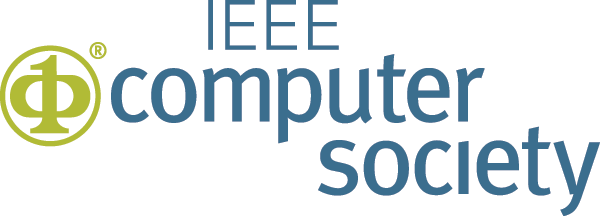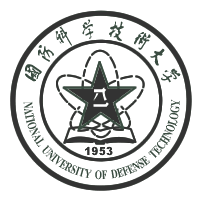Vulnerability Analysis and Adversarial Learning (VAAL 2018)
Scope
Nowadays, more and more information systems, especially intelligent systems, are adopted by different fields. Those systems play an increasingly important role in the process of social development. However, vulnerabilities in those systems cannot be ignored and must be carefully analyzed.
Traditionally, vulnerabilities come from unreasonable software design, non-standard programming and etc. Recently, advance of vulnerability analysis in intelligent systems, especially in machine learning algorithms, get more and more attention. Vulnerabilities of machine learning algorithms is the foundation of adversarial learning, which is a novel research area that lies at the intersection of machine learning and computer security. It aims at gaining a deeper understanding of the security properties of current machine learning algorithms against carefully targeted attacks, and at developing suitable countermeasure for the design of more secure learning algorithm. Research on vulnerability analysis and adversarial learning have got increasing research attention in recent years. All those research progress raises the need for launching workshop on VAAL. This workshop aims to increase potential collaborations and partnerships by bring together academic researchers and industry practitioners from information system vulnerability analysis and adversarial learning with the objectives to present updated research efforts and progresses on foundational and emerging topics of VAAL, exchange new ideas and identify future research directions.Relevance
Vulnerability analysis is a very important aspect of ensuring the security of information systems. Adversarial learning is inseparable from vulnerability analysis of machine learning algorithms. Therefore, to improve the security of information systems, especially intelligent systems, it is meaningful to take vulnerability analysis and adversarial learning as a whole.
Holding the VAAL 2018 workshop in conjunction with the IEEE-DSC 2018 will give an impetus to the development of cyberspace security technologies include vulnerability detection and analysis. VAAL 2018 also expects to promote the intelligent system vulnerability analysis technologies and adversarial learning algorithms. This workshop, held in conjunction with the IEEE-DSC 2018 conference, will contribute to conference by assembling active researchers in a wide range of disciplines (vulnerability analysis, machine learning, software security and adversarial learning) to share their experiences on addressing various aspects of current challenges in VAAL.WORKSHOP AREAS
Suggest topics in VAAL include but not limited to:
1. Information system vulnerability analysis
2. Vulnerability analysis theory and method
3. Vulnerability mechanism model and pattern
4. Machine learning for vulnerability analysis
5. Vulnerability analysis on AI
6. Formal theory for adversarial leaning
7. Evaluation metrics for adversarial learning
PAPER SUBMISSION
All submissions should be written in English and submitted via our submission system: https://cmt3.research.microsoft.com/VAAL2018. A paper submitted to VAAL 2018 cannot be under review for any other conference or journal during the entire period that it is considered for VAAL 2018, and must be substantially different from any previously published work. Submissions are reviewed in a single-blind manner. Please note that all submissions must strictly adhere to the IEEE templates as provided below. The templates also act as a guideline regarding formatting. In particular, all submissions must use either the LATEX template or the MS-Word template. Please follow exactly the instructions below to ensure that your submission can ultimately be included in the proceedings.
IMPORTANT DATES
Acceptance notification: April 27, 2018
Camera-ready copy: May 16, 2018
Conference Date: June 18, 2018
ORGANIZATION
Workshop General Chairs
PC Chair
Program Committee
Shudong Li, Guangzhou University, China
Songlei Jian, University of Technology Sydney, Australia
Hongfang Yu, University of Electronic Science and Technology of China, China
Hengtai Ma, Institute of Software Chinese Academy of Sciences, China
Ye Wang, Victoria University, Australia
Yu-an Tan, Beijing Institute of Technology, China
Xu Lan, Queen Mary University of London, UK
Hu Li, National Key Laboratory of Science and Technology on Information System Security, China
Yuanping Nie, National Key Laboratory of Science and Technology on Information System Security, China









